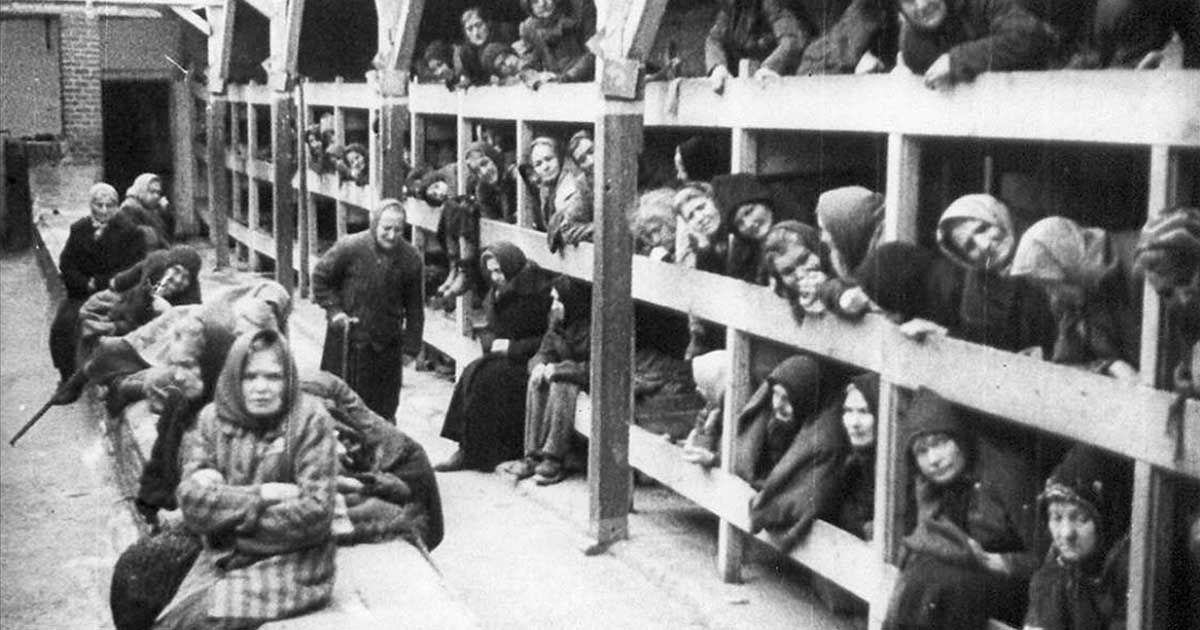Prime Minister Mark Rutte on Sunday made the Netherlands’ first government apology for the wartime persecution of Jews. The Dutch government finally acknowledged the role their predecessors had played in the extermination of Jews during WWII and the Holocaust.
“Now the last survivors are still with us, I apologise today in the name of the government for what the authorities did at that time,” Rutte said.
He was giving an address in Amsterdam in memory of victims of the Holocaust on the eve of the 75th anniversary of the liberation of the Nazi death camp at Auschwitz.
75 years ago today over 7,000 prisoners of the German Nazi #Auschwitz camp, including ca. 700 children, were liberated by the soldiers of the Soviet army. 1,689 days of murder, humiliation, suffering, and pain were over. Today we all remember. | #Auschwitz75 #OnThisDay pic.twitter.com/af5m1cs83d
— Auschwitz Memorial (@AuschwitzMuseum) January 27, 2020
Auschwitz concentration camp was a complex established by the Nazi forces in occupied Poland at the start of the Second World War. This complex consisted of some forty concentrations and extermination camps where about 1.1 million Jews were brutally murdered during the Holocaust. These camps were liberated by the erstwhile Soviet forces in 1945.
Read more: How the world discovered the Nazi death camps
The Holocaust is a term used to refer to the genocide of the Jewish population in Europe at the hands of Nazi forces during the Second World War (1939-45). They were massacred on the pretext that they were responsible for the defeat of Germany (Axis powers) during the First World War (1914-18) owing to their secret agreement of support to the Allied powers (Balfour Declaration). It is estimated that some six million Jews were killed in the Nazi concentration camps.
Seventy-five years after Auschwitz, anti-Semitism is still amongst us. That’s exactly why we fully recognise what happened and say it out loud
Only 38,000 of the 140,000 Jews who lived in the Netherlands survived World War II, but no government apology had been offered for the role the authorities played.
The question of an apology was raised in 2012 when Rutte was also prime minister. He said then that not enough information was available about government action during the war and there was “not broad enough support” for an official apology.
https://twitter.com/MinPres/status/1221383972887896064
In 1995, Queen Beatrix said in a speech to the Israeli parliament that the Dutch had done enough to help their Jewish compatriots during the war.
In 2000, then prime minister Wim Kok apologised for the “icy welcome” Nazi camp survivors received on their return to the Netherlands, which the Nazis occupied from 1940-1945.
A pity we had to wait
On Sunday, Rutte went further saying: “Our government institutions did not act as guardians of justice and security. Too many civil servants carried out the orders of the occupiers.
“The bitter consequences of the drawing up of registers (of Jews) and of the expulsions have not been adequately recognised, nor recognised in time,” Rutte added.
Today is the 75th anniversary of the liberation of Auschwitz-Birkenau, the largest Nazi death camp. Please remember those who lost their lives in such a horrific way. 6 million Jews as well as millions of other ethnic minorities and the disabled. 💔 #HolocaustRemembranceDay pic.twitter.com/7MTZDYIMyT
— Karen Innes (@kazzadanny) January 27, 2020
“On the whole, it was too little too late. Too little protection. Too little help. Too little recognition.”
Read more: World leaders in Israel to recall horrors of Auschwitz
“Seventy-five years after Auschwitz, anti-Semitism is still amongst us. That’s exactly why we fully recognise what happened and say it out loud,” Rutte said.
A number of Holocaust survivors were present at the ceremony to hear Rutte’s apology.
“I lost everything during the war,” said Zoni Weisz, in comments to Dutch broadcaster NOS.
Weisz, who was a child during the war, lost his parents, brother and sisters, all of whom perished in the Nazi death camps.
“They cannot have died in vain,” said the 82-year-old. “In this respect, it is important that apologies be made. And for myself, I accepted them.
“A pity we had to wait 75 years,” he added.
Read more: Auschwitz survivors to issue warning 75 years after liberation
Holocaust survivors will gather in Auschwitz on Monday to mark 75 years since Soviet troops liberated the camp, while world leaders held a sombre remembrance ceremony in Jerusalem last Thursday.
More than 1.1 million people, mainly Jews, were killed at Auschwitz-Birkenau.













